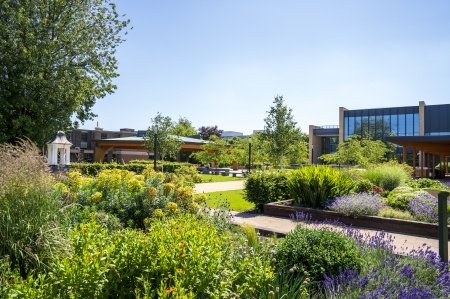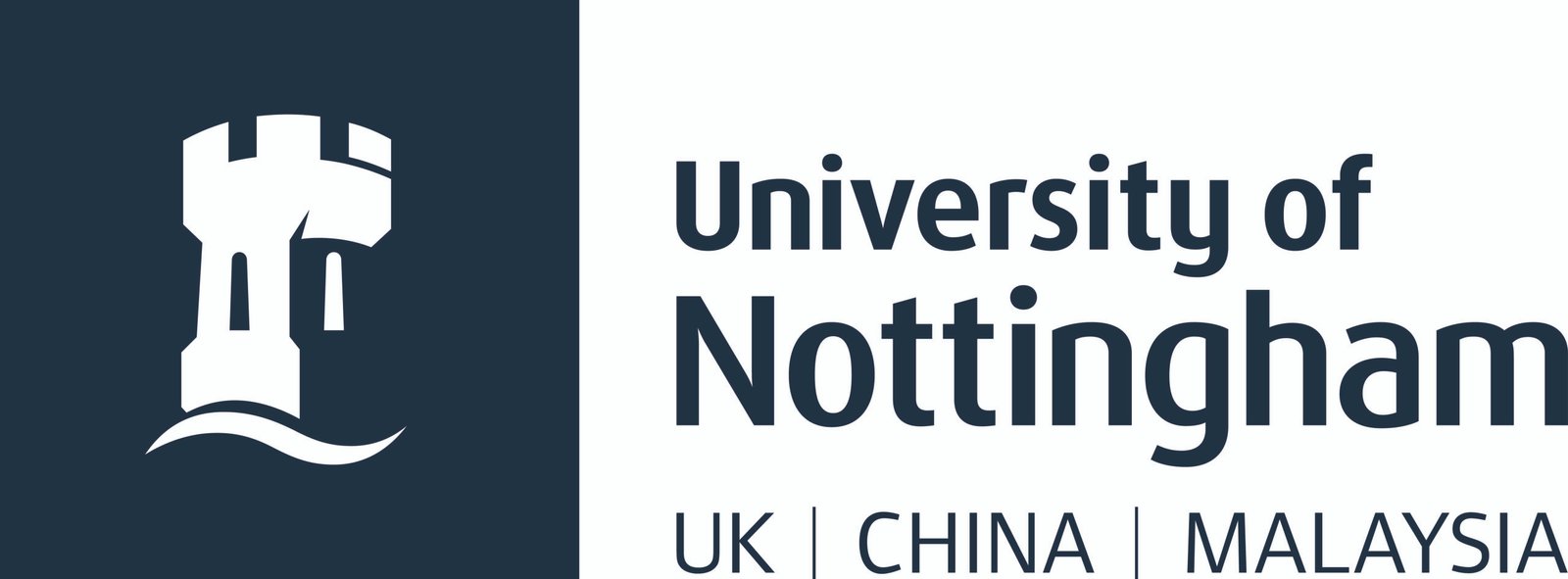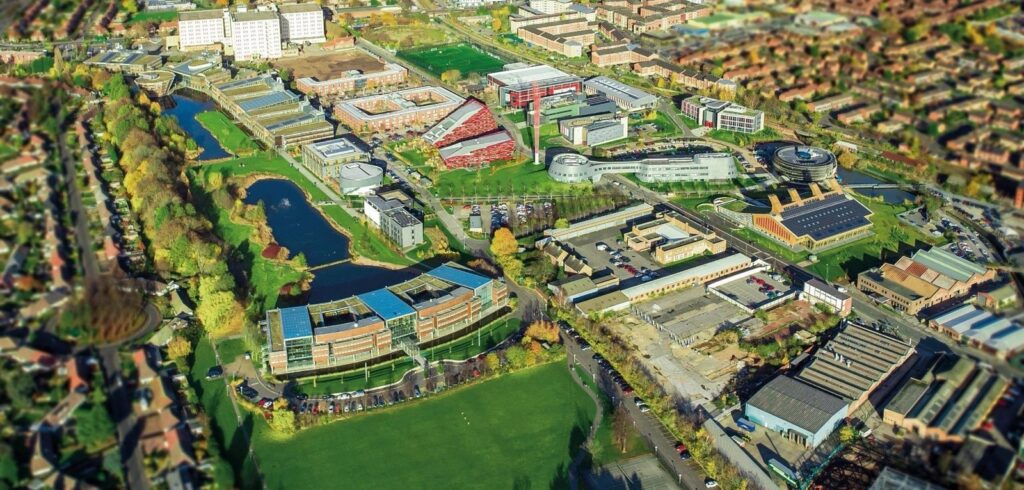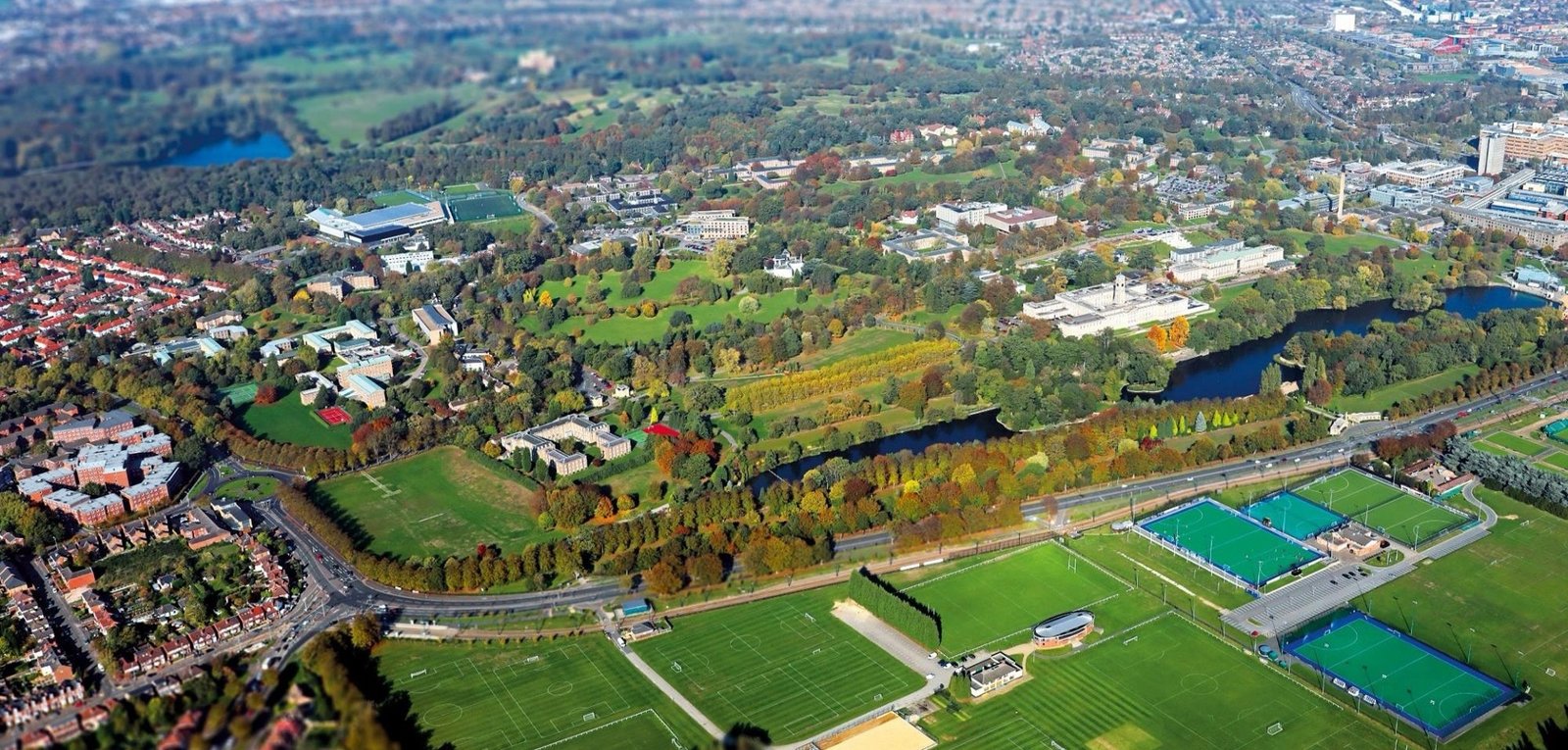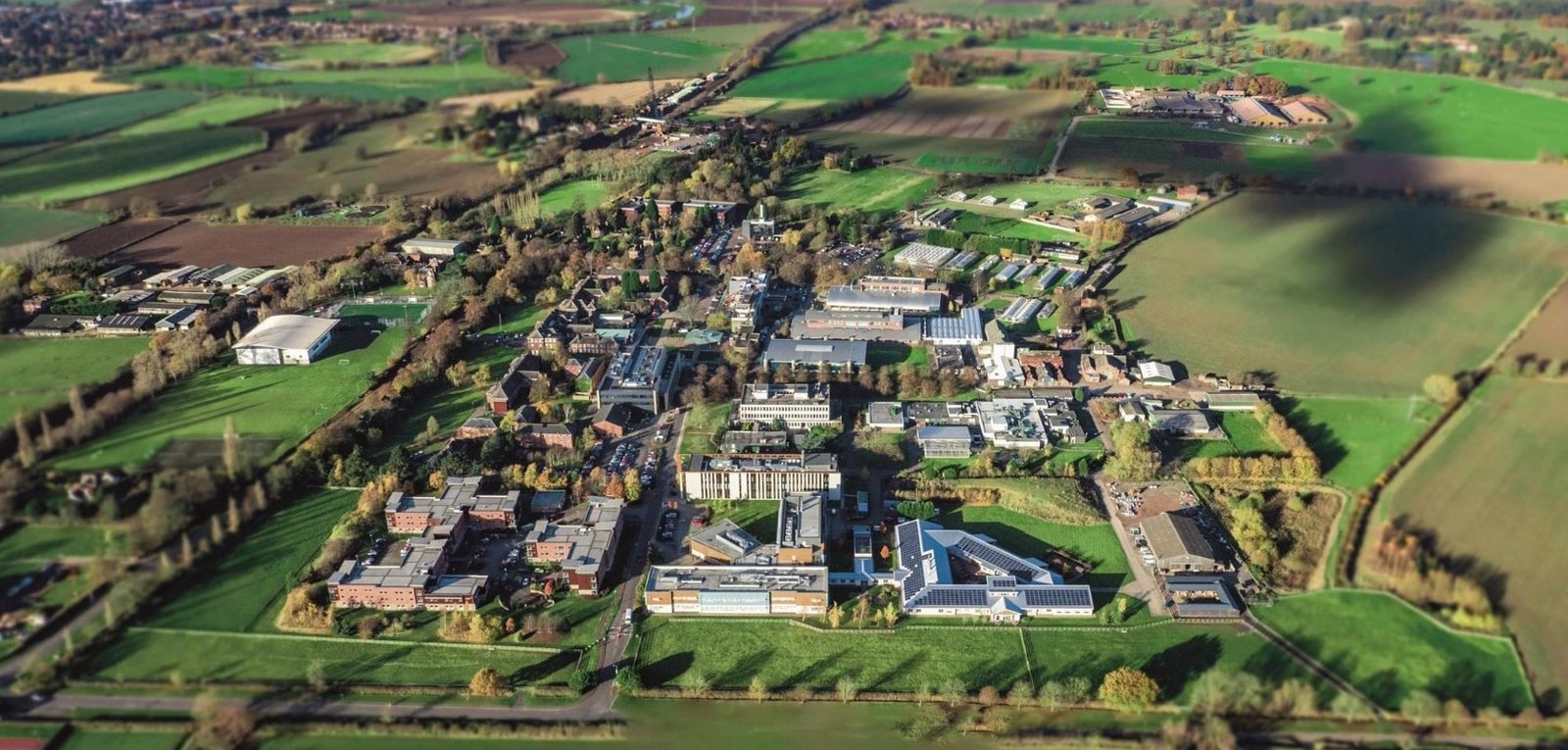Featured Programs
Our veterinary course is highly rated by our students*. You will get hands-on with animals and can choose when you start - September or April.
You'll learn theory and practical aspects of domestic, wild and exotic species, with clinical experience integrated throughout the course. Practicing with our Clinical Associates on your placement year ensures you learn a varied case-load of animals and treatments.
Teaching is delivered through body system-based modules in years one and two, which integrate traditional medical subjects, such as anatomy and physiology. Topics are then repeated within a clinical module in year three or four.
Uniquely, our courses have an integrated BVMedSci, saving you a year of study, tuition fees and living costs. This part of the course will help enhance your ability for continual learning and development in veterinary medicine through research.
* 99% student satisfaction, National Student Survey 2021.
Why choose this course?
• 1st - for student satisfaction since 2010. (National Student Survey 2010-2021)
• Dual intake - Choose when you start - September or April. (Visit the dual intake webpage)
• Modern facilities - Our purpose-built vet school lets you get hands-on with animals.
• Hands on - Experience animal handling and RCVS day one competencies from the moment you start the course.
• Placements - Opportunities for placements in veterinary surgeries, farms, zoos and specialist animal centres, give you a broad experience of animals and veterinary medicine.
• 5th in the UK - Our veterinary courses are ranked 5th in the UK by subject ranking (veterinary science) in The Guardian University Guide 2024
• Three qualifications - Graduate with a Bachelor of Veterinary Medicine (BVM) and Bachelor of Veterinary Surgery (BVS) degree. Plus gain an additional award of BVMedSci, after completing an integrated research project in your third year.
Looking to study law and excel in your career? Our LLB Law programme is designed to provide a thorough foundation in English law with a focus on professional development. Our core modules give you a thorough foundation in English law, through the study of tort, trusts, contract law, public law, criminal law, EU law, and land law.
In your second year, you can specialise in the areas of law that interest you with a range of optional modules. Topics include family law, intellectual property, human rights or criminal evidence. Alternatively, explore modules from other subjects to expand your knowledge and career opportunities in a variety of sectors.
Our programme opens doors to a wide variety of professions and organisations, including law firms, barristers’ chambers, consultancies, business advisory services, marketing, civil service, public relations, accountancy, and campaigning. Recent graduates have secured positions at Avery Dennison, BAE Systems, Clifford Chance, the London Stock Exchange, and PwC.
At our School of Law, we pride ourselves on providing not just academic excellence, but also a supportive community of like-minded individuals. Our law societies cater to a wide range of interests, from pro bono volunteering to placements, offering you the chance to make an impact and build your network.
If you're seeking a unique experience, you can apply in your second year to transfer to one of our four-year programmes, which include a year abroad at a partner law school. You could go and study in locations such as Australia, Canada, Singapore, Hong Kong, South Africa, New Zealand, Europe or the USA. This experience sets you apart in the job market and makes you highly attractive to employers.
Architects design buildings, spaces, the places in which we live and work; our homes, schools, sports buildings, theatres, hospitals, the environment in which we spend our lives. We work with both new build design and existing buildings with a focus on environmental sustainability.
Our course will equip you with the knowledge to design spaces that improve our surroundings, making a positive contribution to our environment.
Our course offers an integrated learning approach with technical, environmental sciences and humanities based subject work taught alongside studio modules.
Year 1 design studio modules provide a common foundation with a focus on the fundamental skills of design and presentation. In years 2 and 3 you will have the opportunity to choose from up to 12 design studio units so that you can select to work in an area of your own interest. You will also be part of our vertical studios where year 2 and 3 students work alongside each other providing opportunities for peer mentoring and skills transfer in an engaging collaborative environment. With a mixture of teaching, workshops, study trips and collaborating with real clients and experts on projects, our course gives you the skills that architectural practice and design-based industries seek.
Based in University Park, you will have access to excellent facilities to support your studies and research. These include dedicated studio spaces, our workshops and a dedicated technical team.
The quality of work produced by our students is illustrated by the many national and international awards they have won, including the AJ Student Prize 2021 (undergraduate category), the RIBA Bronze Medal (2017) and the RIBA Serjeant Award for Excellence in Drawing at Part 1 (2020).
If you want to become an architect, the BArch course is followed by one year of supervised professional experience before embarking on the two-year MArch Architecture (ARB/RIBA Part II) and one further year's professional experience culminating in a Part Three exam.
This course is accredited by the Royal Institute of British Architects (RIBA) and the Architects Registration Board (ARB) and is exempt from the Part One professional exam.
Our courses blend theoretical knowledge with hands-on learning. You will be taught by academics who are at the forefront of research in their fields. You will gain practical animal handling experience including guinea pigs, sheep, hens and cows, with practical sessions and field trips.
You can choose from four options:
1. Bioveterinary Science – examine the science behind animal health and disease
2. Physiology and Biotechnology – study animal structure and function, including stem cell and developmental biology
3. Livestock Production – investigate the science of farm animal nutrition, productivity and fertility
4. Ecology and Conservation – focus on the science, management and welfare of zoo and captive animals
You do not have to decide which option to focus on until the end of your first year. Whichever option you choose, you can study modules from other options, and other areas of biosciences, including microbiology, nutrition and agriculture.
You will study at Sutton Bonington Campus, home to the University Farm and Dairy Centre. The farm is commercially run, with facilities for research and teaching. Farm staff contribute to teaching.
You can enhance your employability with an extra year abroad, on an industrial placement, or studying computer science.
How do relationships between nations shape our world? Who holds power, and how do political processes impact our daily lives?
Our BA Politics and International Relations course will help you answer these questions and more. Studying the core areas of comparative politics, political theory, and international relations, helps you gain a comprehensive understanding of how politics shapes domestic and global issues.
You'll explore different theories and learn how they inform policy decisions, developing critical thinking, analytical, and research skills that are highly valued in various professional fields. Our graduates go on to work across the private, public, and charitable sectors in a range of roles, from parliamentary assistants and councillors to civil servants, researchers, and data analysts.
With optional modules, you can tailor your degree to your interests and career goals, exploring specialist areas such as social justice, global security, and secret intelligence. You also have the option to take a specialised quantitative methods pathway that includes training in data science, giving you an extra edge in the job market.
Through this course you'll broaden your understanding of domestic and global politics and develop the skills you need to make a positive impact in the world.
Why choose this course?
• Take a specialised pathway with training in quantitative analysis to graduate with a BA Politics and International Relations (Quantitative Methods) degree
• Tailor your studies to your career goals through a range of optional modules
• Study abroad in locations such as China, Europe and the USA
• Placements and internship programme provides valuable work experience, self-confidence and a practical application of your studies
• Active societies related to the study of politics support a student community
Think you know ‘English’? Think again.
At Nottingham, we go beyond a love of books. Our huge choice of optional modules in everything from Vikings to drama means you can discover new passions, explore what you already love, and tailor your degree to what interests you the most.
You’ll build from a starting point in applied linguistics, drama, and literature (from medieval to present day), exploring what it is to be human through the historical, cultural and social contexts of a text.
There are also options to develop your creative writing in either fiction or poetry, learning from expert staff who are published poets and authors themselves.
Our students are storytellers, writers, performers, poets, critics, analysts, archivists and presenters.
This is English at Nottingham.
Why choose this course?
• Get creative - Put your skills into practice and get involved with Impact Magazine, the Creative Writing Society, or the Words on Words blog
• For literature lovers - Unleash your creativity in a UNESCO City of Literature, with opportunities both on campus and in the city
• Student satisfaction - 91% of students agree that ‘staff have made the subject interesting’, and ‘the course is intellectually stimulating’ (2022 National Student Survey results)
• Give something back - Volunteer and share your skills, from delivering Viking workshops at local primary schools, to reading to residents in care homes
• Get workplace-ready - Explore a particular career path with opportunities for a bespoke work placement
• Top 20 for English in the UK (The Times and Sunday Times Good University Guide 2024 and Complete University Guide 2024)
Ranked among the top universities in the world, the University of Nottingham offers U.S. students the chance to receive a world-class education while exploring the rich culture of the UK and beyond. Located in the vibrant city of Nottingham, just two hours from London, the university combines cutting-edge academic programs with a campus full of history and stunning green spaces.
With over 47,000 students from more than 150 countries, Nottingham provides a truly international community, offering not just degrees but unforgettable life experiences. Whether it's the shorter degree programs (typically three years) that save time and money, or the opportunity to travel across Europe during long breaks, Nottingham opens doors to both personal and professional growth.
Nottingham’s dynamic campus life offers everything from state-of-the-art facilities to active student societies, while also offering easy access to internships and global career opportunities. Ready for a unique adventure? Join a university where academic excellence meets the adventure of a lifetime!
University Stats
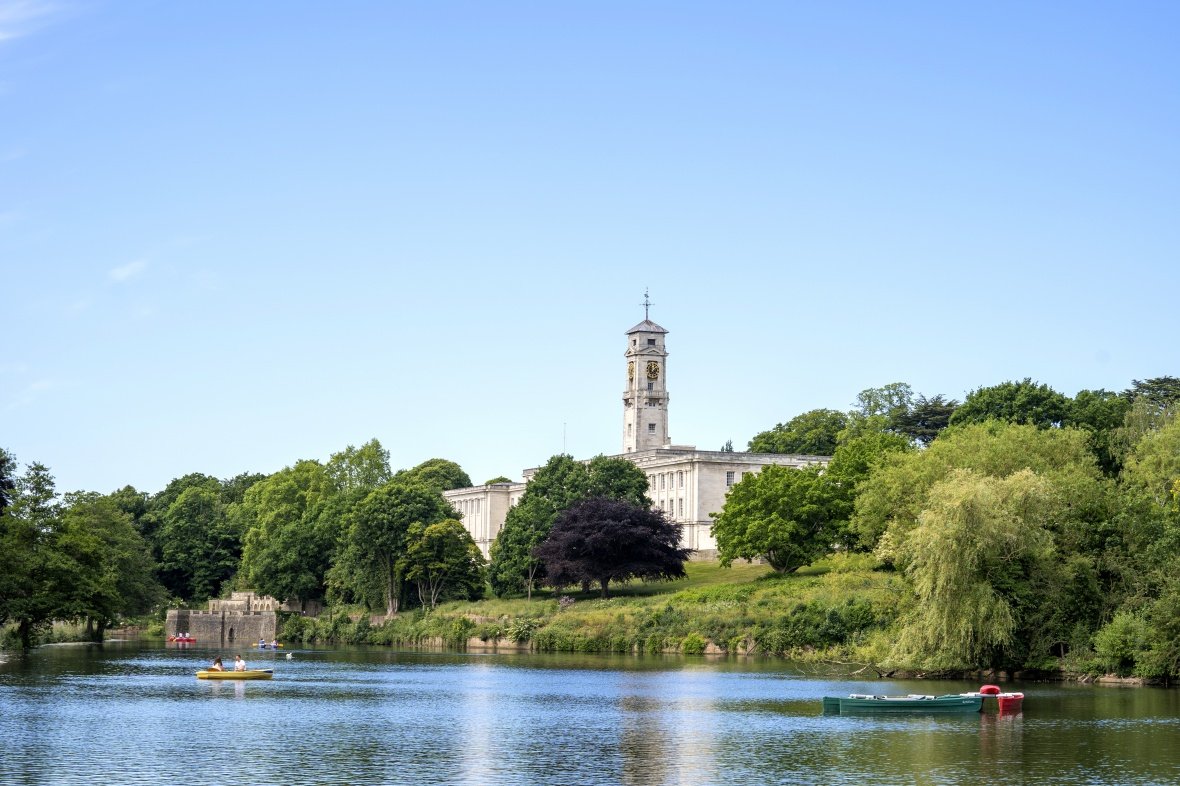
Entry Requirements
American academic entry requirements
3x approved APs ranging from 4,4,4 to 5,5,5
or three SAT subject tests ranging from 650, 650, 650 to 700, 700, 700
or a combination of the two (distinct subjects)
US Associate Degrees will be considered for admission on an individual case-by-case basis (minimum CGPA of 3.0 or above).
Subject preferences may apply. Many courses will have higher requirements than the minimum listed above. SAT subject tests are not accepted for admission to medicine. Restrictions may also apply for other STEM courses.
Typical offers for students taking A levels range from BBB to AAA
International Baccalaureate offers typically range from 30 to 36.
APs
AAA – AAB - 5,5,5 - 5,5,4
ABB – BBB - 5,4,4 – 4,4,4
BBC – BCC - 4.4.3 – 4,3,3
AP Calculus BC required where A level math is needed
US Associate Degrees will be considered for admission on an individual case-by-case basis (minimum CGPA of 3.0 or above).
Contact University of Nottingham
